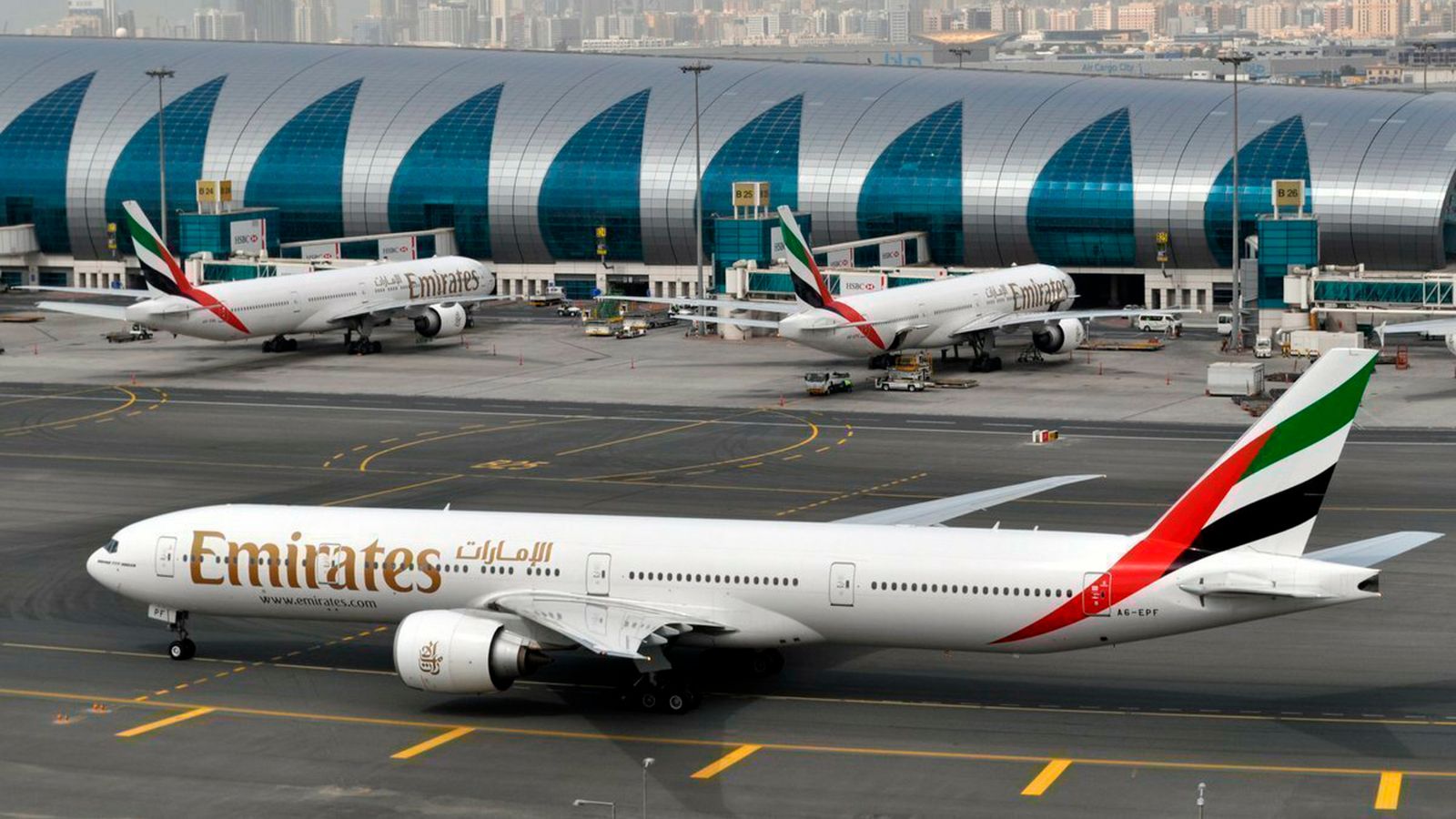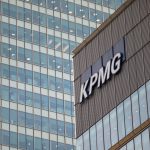It seems somewhat counter-intuitive, given the batterings meted out to aviation stocks during the last 21 months, but Emirates could be the next major airline heading to the stock market.
The Dubai-based carrier’s president, Sir Tim Clark, has indicated that an initial public offering (IPO) could be imminent depending on the view of its owner, the Dubai government, which is keen to promote its local stock market.
Speaking ahead of Reuters Next, a virtual conference bringing together global politicians and business leaders, Sir Tim said of a possible listing: “Yes, there has been talk about it.
“Yes, there has been, perhaps a little bit more flesh on the whole subject than there has been in the past.
“I’m waiting instructions as to how this is going to affect the Emirates Group.
“What the government of Dubai decides to do…is up to them, I would basically do as I am bid.”
Talk of a possible privatisation of Emirates has cropped up from time to time in the past.
Meta: UK competition regulator tells Facebook owner to sell GIF library Giphy
EasyJet sees softening of bookings as COVID restrictions grow amid Omicron uncertainty
TSB to close 70 more branches – is yours one of them?
The airline’s chairman, Sheikh Ahmed bin Saeed Al-Maktoum, said as long ago as 2007 that an IPO was possible with Sir Tim indicating at the time that the carrier would be valued at $20-$30bn.
The late Sir Maurice Flanagan, who co-founded the airline in 1985, said in 2012 that an IPO would be appropriate one day.
But the drumbeat towards a possible privatisation has intensified in recent weeks.
CNBC Arabiya TV reported earlier this month from the Dubai Air Show that Sheikh Ahmed had indicated a listing was possible.
What has changed is that privatisation is on the agenda in Dubai as part of a wider push to encourage activity on the local stock exchange.
The emirate’s government is considering plans to privatise 10 state-backed companies, listing some of their shares on the Dubai exchange, in an attempt to bid to emulate the success of both neighbouring Abu Dhabi and Saudi Arabia.
The latter successfully brought Saudi Aramco, its previously state-owned oil producer, to market in December 2019 in what was the world’s biggest-ever IPO.
The flotation led to much competition between London, New York and Tokyo over who would host the secondary listing but, in the end, the shares were listed solely on the Tadawul, the Saudi stock exchange, which has as a result attracted a good deal more interest from international investors.
The ADX, the Abu Dhabi Securities Exchange, has also been a conspicuous success.
It is now the second largest stock exchange in the region after the Tadawul following a string of successful flotations, including ADNOC Drilling, an arm of the state-owned Abu Dhabi National Oil Company.
Its $1.1bn flotation in October, which valued it at $10bn, was the biggest seen on the exchange and was massively over-subscribed.
The main index of the ADX has risen by 69% this year and the companies listed on it now have a market capitalisation of £328bn.
By contrast, the DFM General Index, the main stock index in Dubai, has risen by a mere 23% so far this year.
The value of traded stocks in Dubai was overtaken by Abu Dhabi two years ago and the daily volume traded on the latter’s exchange is now four times that of its neighbour.
That partly reflects some high-profile delistings from both DFM and Nasdaq Dubai.
They include the Dubai parks operator DXB Entertainments and the Dubai ports operator DP World.
Another high profile Dubai company, the construction firm Arabtec, has delisted after being put into liquidation in September last year while a big property company, DAMAC Properties, delisted earlier this month.
Meanwhile Emaar Properties, the emirate’s largest listed developer, is in the process of buying out minority shareholders of its Emaar Malls arm.
So Dubai, particularly as it seeks to diversify its revenues away from oil and to bring in new sources of revenue, is looking afresh at privatisations.
Of the 10 state-owned companies earmarked for privatisation, only a couple have so far been named.
The first, named at the start of November, was Dubai Electricity and Water Authority (DEWA).
It has already hired the US investment bank Moelis to advise on an IPO.
The second is Salik, operator of Dubai’s toll road system, which was named on Twitter as a privatisation candidate earlier this month by Sheikh Maktoum bin Mohammed, Dubai’s deputy ruler, who appears to be behind much of the privatisation push.
It is he who will ultimately give the green light to any IPO.
In order for Emirates to come to market successfully, without being sold at a knock-down price, investors will need convincing that it can trade profitably in future.
The carrier has received an estimated $3.8bn in support from Dubai’s government since the start of the pandemic as it notched up heavy losses.
But Sir Tim said today that no further government support would be needed unless the new Omicron variant of COVID-19 proves more disruptive than expected.
He told Reuters: “We are restoring our cash position at pace.
“So it is unlikely, notwithstanding the Omicron variant and its effects…if it’s not as bad as people think it may be, then we see no further recourse to the owner putting equity into the business.”
“I am very pleased to say we have returned to profitability already, over the last six, seven weeks, we’ve been profitable.”
In order to trade consistently profitably, though, Emirates will need to get more of its Airbus A380 superjumbos airborne again.
Sir Tim has previously said that these 120 aircraft account for four-fifths of the airline’s profits – and yet many other carriers, including the likes of Lufthansa, Air France and Thai Airways, have either permanently grounded their A380s or are in the process of retiring them.
Emirates still believes, as do the likes of British Airways and Singapore Airlines, that the giant aircraft remain popular with customers.
It a judgment that will prove crucial if shares of Emirates itself are to take to the skies.






















